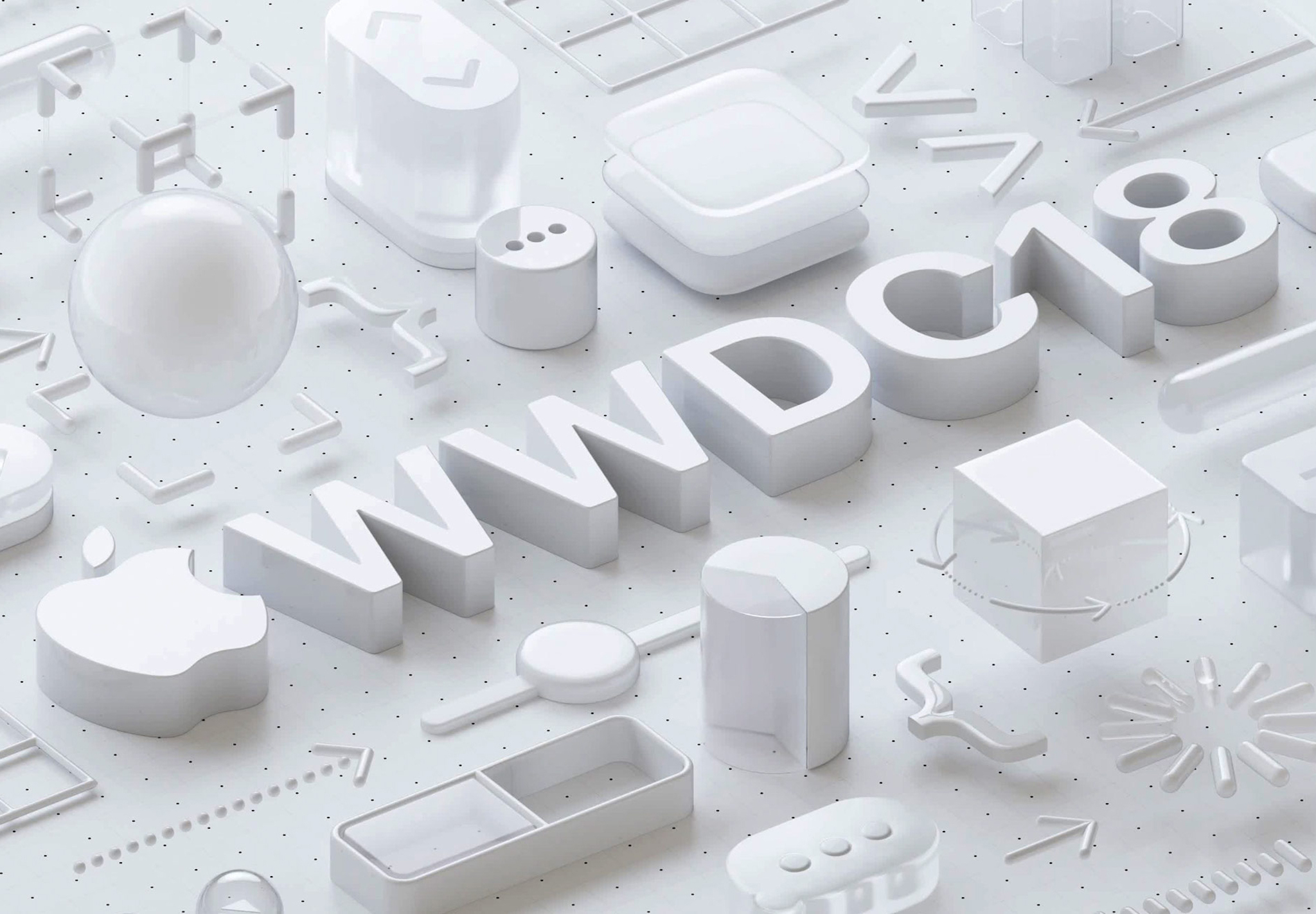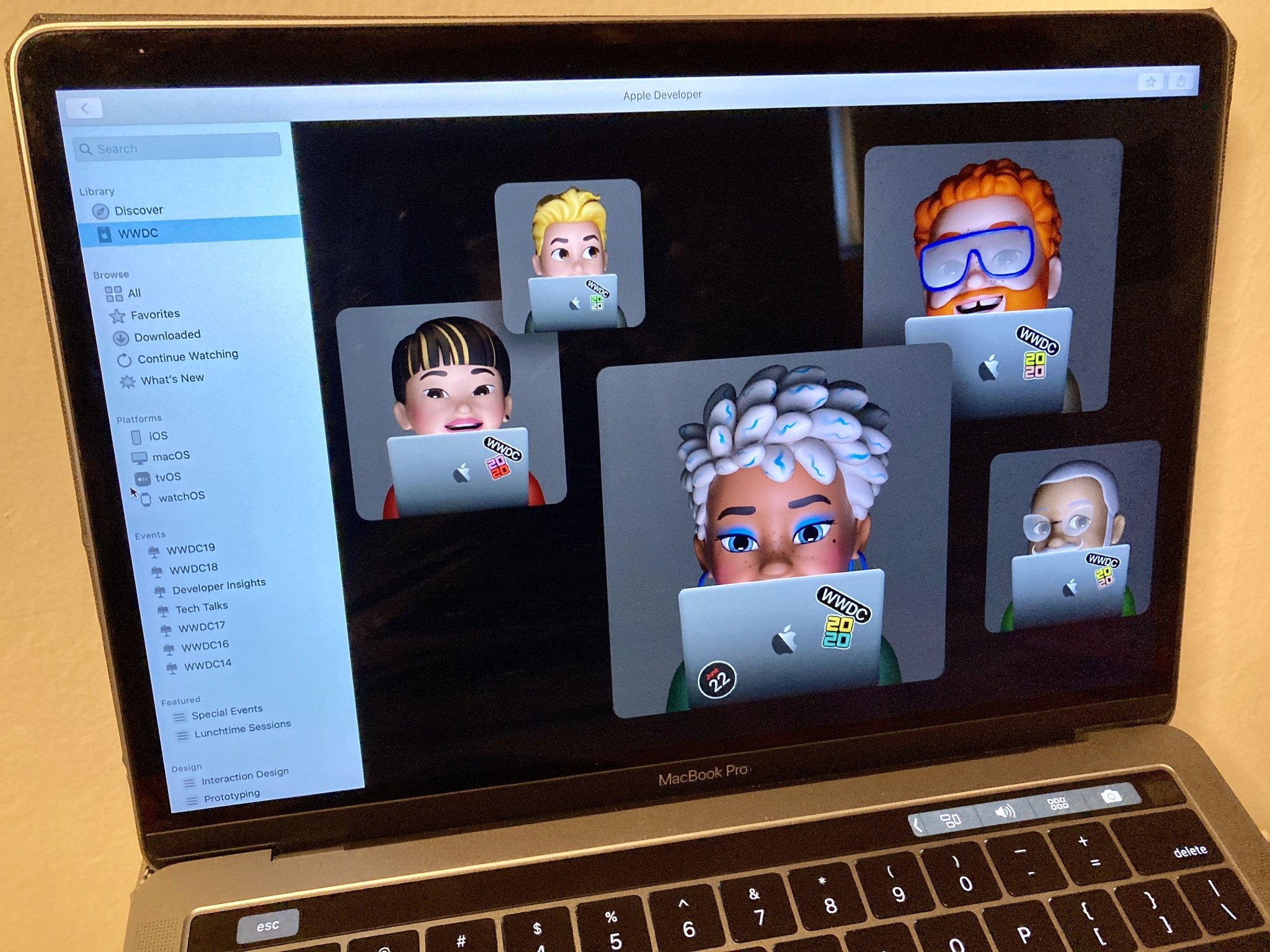What's new in Apple's Privacy Settings?


At this year's Worldwide Developer's Conference in San Jose, Apple introduced huge updates to both iOS and macOS (among many other things). Because Apple has always been a big proponent of user privacy, it makes perfect sense that the upcoming overhauls offer more improved Privacy Settings as well. Here's what we know so far based on the company's WWDC presentations and previews.
iOS 12
Password management
During Apple's Platforms State of the Union address, the company emphasized its staunch commitment to privacy and security. After reviewing how Apple has protected user data in the past using techniques like on-device encryption and Face ID, speaker Katie gave viewers a more detailed look at iOS 12's new secure password management features.
- Passwords are stored in iCloud Keychain and are available on all your Apple devices, allowing your device to automatically autofill and store strong passwords in Safari as well as in iOS apps.
- You'll also be able to ask Siri for your passwords, though it's unclear as of right now how exactly that will be implemented safely.
- Two-factor authentication has been made way easier: instead of needing to hop back and forth between Messages and other apps to copy and paste authentication codes, iOS will automatically reveal them in the QuickType bar, giving you faster access to your accounts.
- Passwords that have been used multiple times will be flagged in the passwords list, so you can quickly navigate to the app or website and replace it with an automatically generated, more secure password.
- You'll be able to share and receive passwords from nearby iOS devices — for instance from an iOS device to a Mac, or from an iOS device to an Apple TV.
Safari's tracking prevention
Apple is also upgrading Safari's Intelligent Tracking Prevention, a feature first introduced in September 2017. This keeps websites from tracking you without your consent and, to a degree, keeps sites from soliciting you with targeted ads.
- Safari will now prevent Share buttons and comment widgets on web pages from tracking you without your permission.
- Safari will also prevent advertisers from "fingerprinting" your device. Just as humans can be identified by their individual fingerprints, electronic devices can be identified by its unique characteristics (like fonts, configurations, and plug-ins). Both iOS 12 and macOS Mojave will only show websites basic stock fonts and system configurations so they can't identify and target you based on your device.
macOS Mojave
Improved permissions
- macOS Mojave will require apps across the board to get your approval before accessing the camera, microphone, Messages, Mail, Reminders, location information, and all other data on your Mac. Though third-party apps already often alert users when they're going to need to use a device's microphone or camera, it's now the operating system itself managing access.
macOS Mojave will also receive all of the other privacy and security updates listed for iOS 12, including the new password tools and tracking prevention features.
Thoughts?
How do you feel about Apple's upcoming privacy features? Do you feel that the company protects user privacy sufficiently? Share in the comments below.

○ Everything about WWDC 2020
○ WWDC 2020 remote lineup
○ Download the Apple Developer app
○ iOS/iPadOS 14
○ macOS 10.16
○ watchOS 7
○ tvOS 14
○ Discussion forums
Master your iPhone in minutes
iMore offers spot-on advice and guidance from our team of experts, with decades of Apple device experience to lean on. Learn more with iMore!
Tory Foulk is a writer at Mobile Nations. She lives at the intersection of technology and sorcery and enjoys radio, bees, and houses in small towns. When she isn't working on articles, you'll likely find her listening to her favorite podcasts in a carefully curated blanket nest. You can follow her on Twitter at @tsfoulk.

